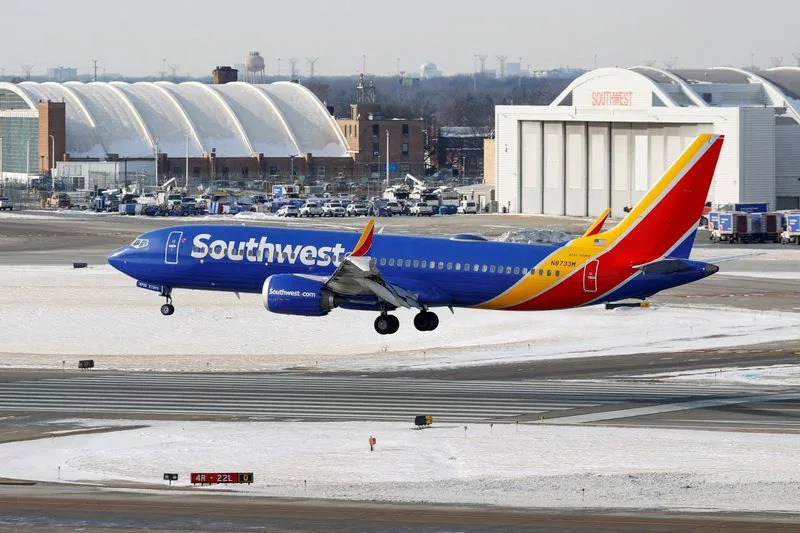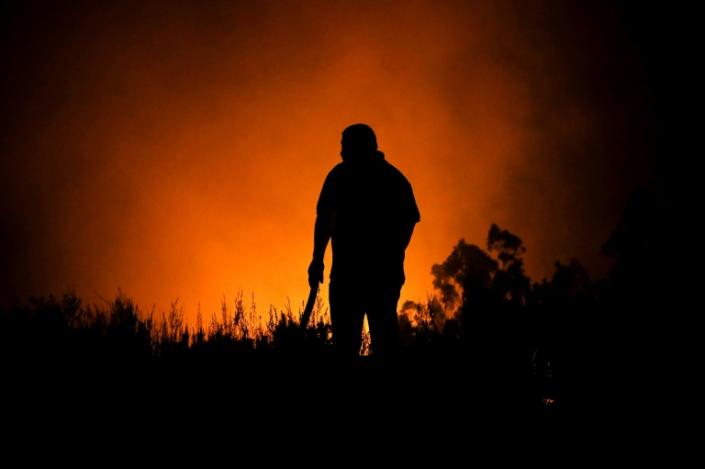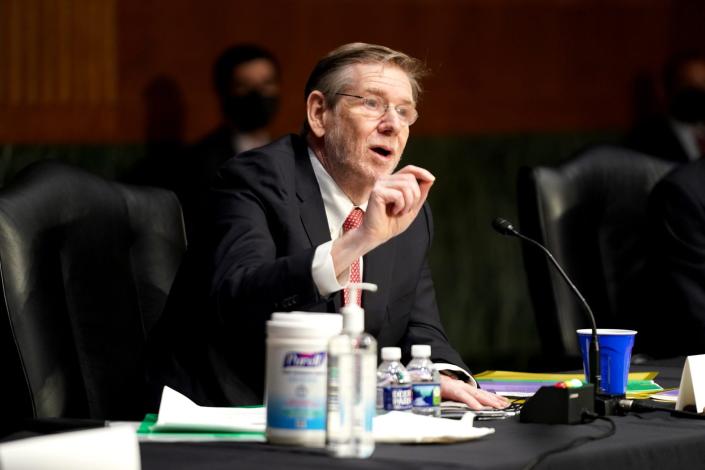Is the Rolls-Royce share price heading back to pennies?
Christopher Ruane
MOTLEY FOOL UK
Thu, 9 February 2023
So far, this has been a good year for the performance of shares in engineer Rolls-Royce (LSE: RR). The price has moved up 10 % since the beginning of January. But it has fallen by the same amount over the past year – and lost more than 60% in value across five years.
The stock market has not responded well to the chief executive’s blunt description of the company’s challenges since he took up the job last month. Could the firm be about to give up its January gains and go back to where it started the month – in pennies?
Back to the future
Although the company is trading at around £1.08 per share as I write, this on Thursday morning, it is no stranger to a share price in pennies. As well as beginning 2023 that way, the shares changed hands for pennies each at some point in each of the last three calendar years.
But for many long-term Rolls-Royce shareholders, that would likely have come as an unwelcome novelty. The last time the shares had traded below the pound level was back in 2009, as the financial crisis dented investor confidence in the outlook for the business.
So could the same thing happen now? After all, if even the company’s top manager has concerns about its future prospects, why should investors see things differently?
Risks ahead
As a stakeholder, the Rolls-Royce share price is of more than academic interest to me.
I do think the shares could drift back to trading in pennies. February often sees weak performance in many shares after an optimistic start to a new year by investors fades away. The new chief executive has raised concerns that Rolls-Royce requires significant changes, potentially hurting the potential profitability of the engineer.
For example, he seems to be paving the way for job cuts. That could help save costs. But it may also demotivate the workforce. It could also raise customer concerns. When it comes to aircraft engines, safety and reliability are paramount. Heavy cost-cutting by a manufacturer can damage customer perceptions of quality – and perhaps hurt sales.
So I see risks that any bad news from the company could push the shares down into selling for pennies each again.
Playing to its strengths
However, after some huge losses after tax in recent years and only a modest profit last year, a new broom might be what the company needs.
If the new CEO has a real plan to improve performance, that could help lift the Rolls-Royce share price over time. As a long-term investor, that is what I am looking at.
I continue to think the company has the foundations of a strong business. Demand for aircraft engine sales and servicing is likely to remain high for decades. Complex barriers to entry also limit the amount of competition and its installed base of engines gives the company sizeable recurring revenues.
Whatever happens to the Rolls-Royce share price in the short term, I plan to hold my shares.
The post Is the Rolls-Royce share price heading back to pennies? appeared first on The Motley Fool UK.
C Ruane has positions in Rolls-Royce Plc. The Motley Fool UK has no position in any of the shares mentioned. Views expressed on the companies mentioned in this article are those of the writer and therefore may differ from the official recommendations we make in our subscription services such as Share Advisor, Hidden Winners and Pro. Here at The Motley Fool we believe that considering a diverse range of insights makes us better investors.
Motley Fool UK 2023














.png)